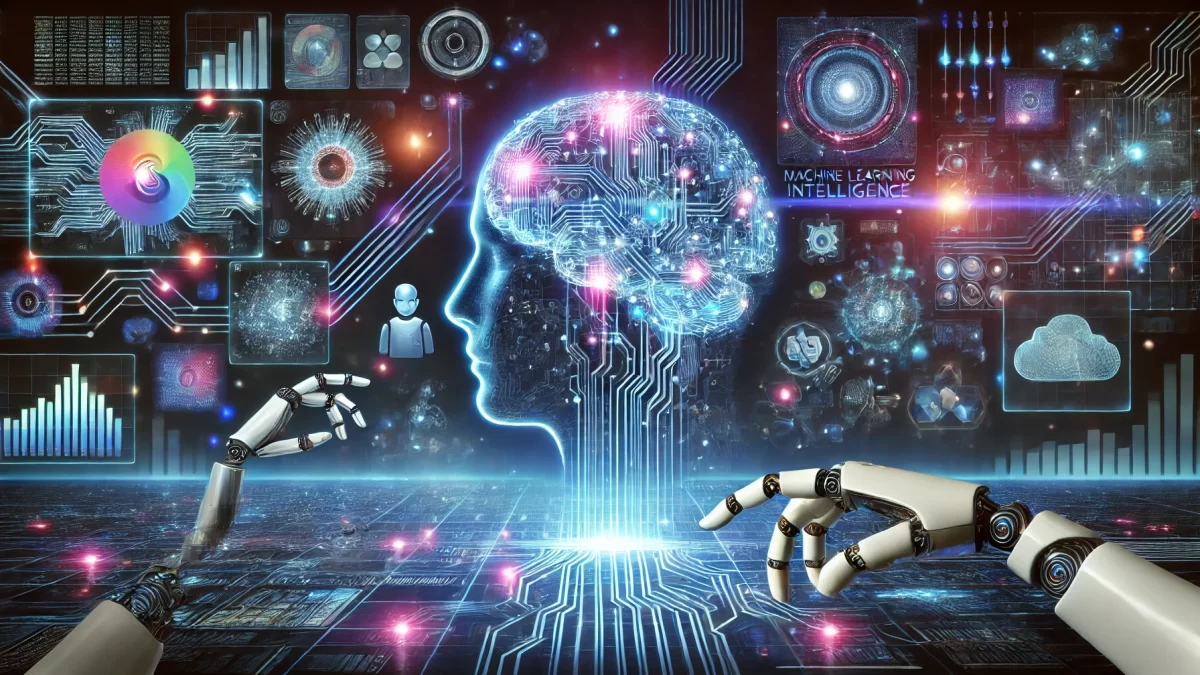AI in Software Development: Redefining Roles, Skills & the Future of Tech!
The rapid advancement of artificial intelligence (AI) is poised to bring transformative changes across various industries, and software development is no exception. From automating repetitive coding tasks to enabling more innovative solutions, AI is redefining the roles of developers and reshaping the software development lifecycle. Here's a closer look at how AI impacts software development roles and what the future might hold.
1. Automating Repetitive Tasks
One of AI's most immediate impacts is automating mundane and repetitive tasks. Writing boilerplate code, debugging, and testing—tasks that often consume a significant portion of a developer's time—can now be streamlined using AI-powered tools. For instance,
- Code generation tools like GitHub Copilot use AI to autocomplete code snippets or even write entire functions based on natural language descriptions.
- Testing automation frameworks leverage AI to identify potential bugs, optimize test coverage, and even predict failure points in applications.
2. Enhancing Collaboration and Communication
AI-powered tools are improving collaboration and communication among development teams. Natural language processing (NLP) algorithms enable more intuitive project management and issue tracking systems, helping teams:
- Translate technical requirements into actionable tasks.
- Generate clearer documentation with minimal effort.
- Automate updates to stakeholders with AI-driven progress summaries.
3. Revolutionizing Code Quality and Security
AI is also playing a crucial role in enhancing the quality and security of software. AI-driven tools can analyze codebases for vulnerabilities, suggest best practices, and even refactor code for better performance. Examples include:
- Static analysis tools that scan for security vulnerabilities in real-time.
- Refactoring assistants that optimize legacy code while preserving its functionality.
- Threat detection systems that predict and mitigate security risks based on historical data.
4. Democratizing Software Development
With AI reducing the barriers to entry for coding, non-developers are increasingly able to contribute to software projects. Low-code and no-code platforms powered by AI allow users to build applications without extensive programming knowledge. This democratization:
- Expands the pool of individuals who can contribute to software development.
- Enables businesses to prototype and iterate faster.
- Encourages cross-disciplinary innovation.
5. Shaping New Roles and Skills
AI's integration into software development is creating new roles while transforming existing ones. Emerging roles include:
- AI Trainer: Professionals who fine-tune AI models for specific software tasks.
- AI-Augmented Developer: Developers who work alongside AI tools to accelerate development cycles.
- Ethics and Compliance Specialist: Experts ensuring AI-driven software aligns with ethical standards and regulations.
6. Enabling Predictive and Proactive Development
AI's ability to analyze vast amounts of data is enabling predictive insights into software development. By leveraging historical project data and user behavior, AI can:
- Forecast project timelines and potential roadblocks.
- Suggest features that align with user needs and market trends.
- Optimize resource allocation for maximum efficiency.
Conclusion
AI is not replacing software developers; it is augmenting their capabilities and reshaping their roles. By automating repetitive tasks, enhancing collaboration, improving code quality, and democratizing development, AI empowers developers to work smarter and more creatively. As the technology continues to evolve, professionals who embrace AI’s potential and adapt to new opportunities will thrive in the software development industry of tomorrow.



